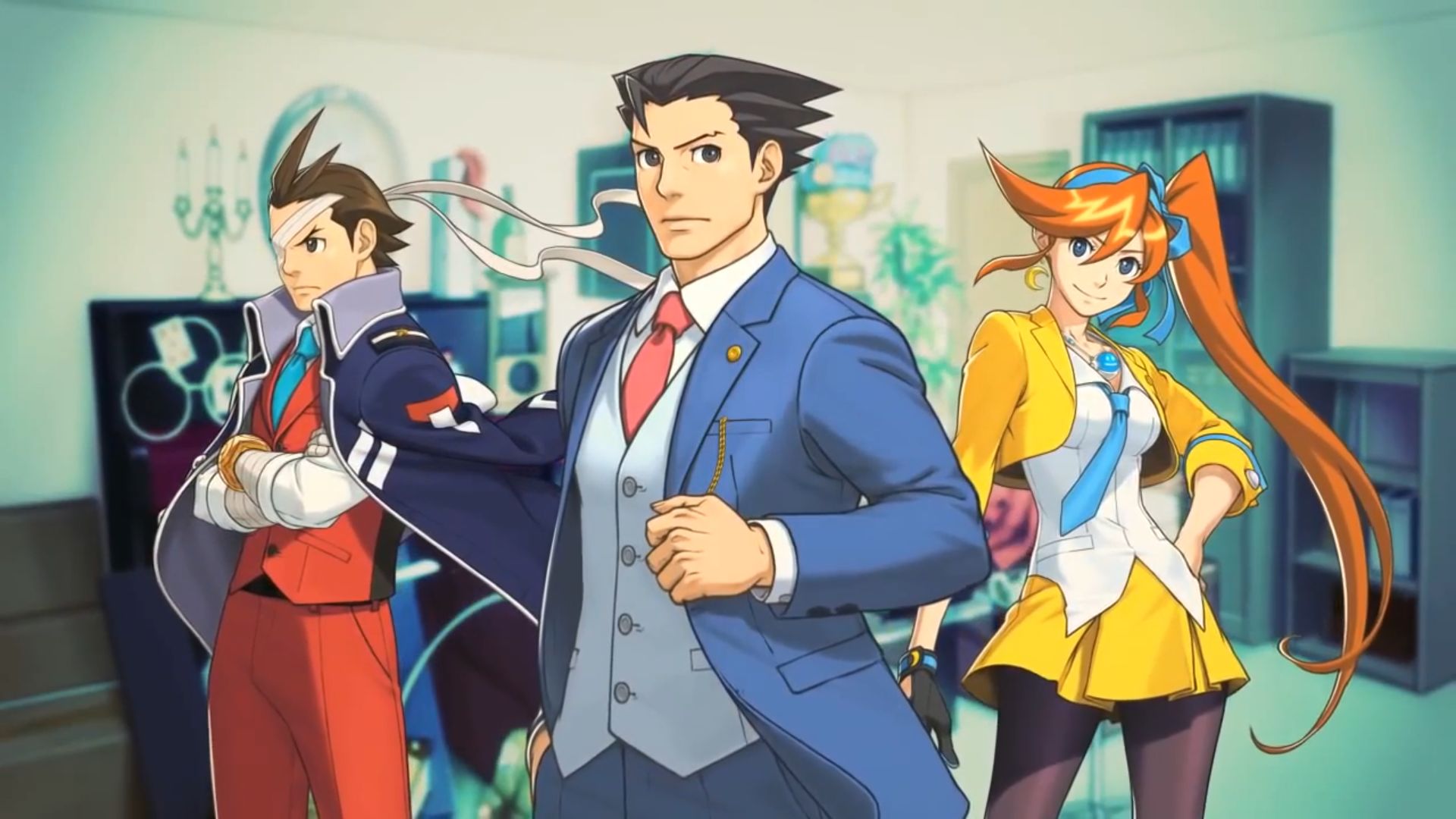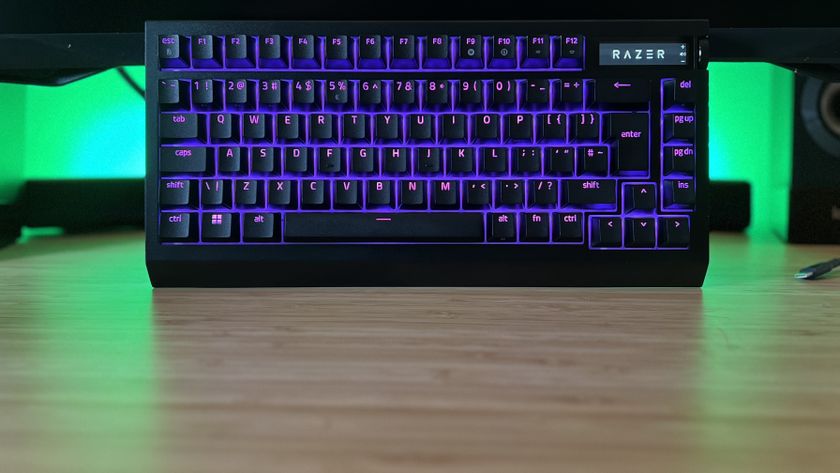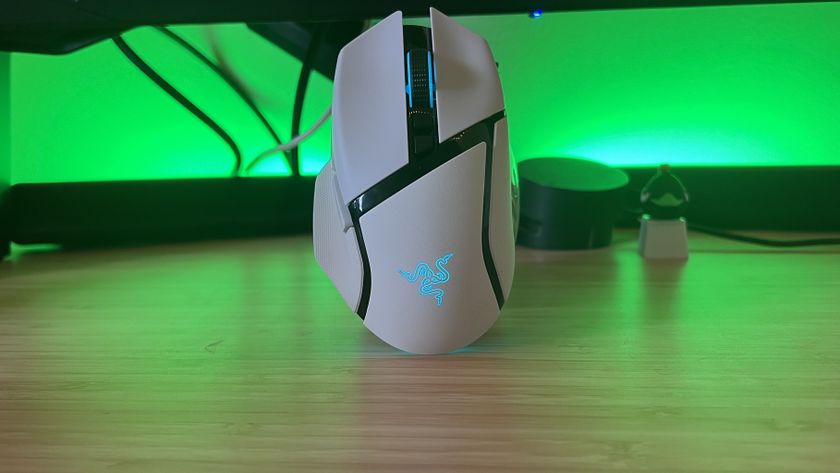12DOVE Verdict
Pros
- +
Fantastic characters and storytelling
- +
Brilliant transition to 3D
- +
Yelling Objection! into the mic
Cons
- -
An unfortunate number of typos
- -
Removal of some past features
- -
Occasionally questionable logic
Why you can trust 12DOVE
It sure feels good to have Phoenix Wright back in the courtroom. Not that there was anything wrong with the last two Ace Attorney games--Apollo Justice: Ace Attorney and Ace Attorney Investigations: Miles Edgeworth--in which Phoenix wasn’t the lead character, but they just didn’t have the same magic as the original Ace Attorney trilogy. Fortunately, after a six-year absence, the blue-suited, spiky-haired lawyer has returned to the spotlight in Phoenix Wright: Ace Attorney - Dual Destinies, and he’s brought with him all the drama, humor, excitement, and almost intangible sense of satisfaction that has made the Ace Attorney franchise a beloved cult sensation.
At its core, Ace Attorney is all about compelling mysteries, intriguing characters, sharp writing, and unique play mechanics, and Dual Destinies delivers across the board. From the opening case, the story hits you with strange occurrences, interesting settings, and twists and turns that keep you guessing even when you already know who the culprit is. Despite the primarily self-contained nature of the game’s five episodes, overarching plot threads intertwine to tell a thoroughly rewarding story. Sure, things get bizarre and the limits of your suspension of disbelief will get pushed to the max (especially in the third and fifth episodes), but the narrative contains so much exuberant energy it hardly matters. And unlike Apollo Justice: Ace Attorney, Dual Destinies manages to nail the series’ trademark lighthearted tone.

"He’s brought with him all the drama, humor, excitement, and almost intangible sense of satisfaction that has made the Ace Attorney franchise a beloved cult sensation."
As always, the main gameplay hook--listening to witness testimonies, identifying contradictions, and revealing lies by presenting evidence--is incredibly fulfilling, especially when you opt to do so by yelling “Objection!” into the 3DS’s microphone. Like in previous Ace Attorney games, some of the logic is debatable, but such instances are rare, and nearly every victory feels earned. More importantly, though, this time there’s more to the fast-paced, text-driven, back-and-forth courtroom battles than physical evidence; you also get to psychoanalyze characters with the new Mood Matrix. Identifying contradictory emotions adds some nice diversity to the proceedings, but because you can only use the ability at predetermined spots and you’re not penalized for wrong guesses, it ultimately feels more like a plot device than an essential gameplay tool. Similarly, the fun Psyche-Lock and Perceive systems from past games have returned, and while their inclusion is appreciated, limited presence leaves them severely underutilized.
When you’re not bluffing your way through court, you’ll be searching for clues in visual novel-style investigation scenes. Compared to past Ace Attorney games, these segments have been notably streamlined; navigation is easier, point-and-click exploration is limited to a few specific areas, and a new “notes” feature ensures that you’ll never be stumped by what to do next. Though hardcore fans may consider the investigations to be dumbed down, they will certainly appreciate the new 3D environments. When you have the opportunity to dig through a scene for evidence, you’ll get to check it out from multiple angles, which provides a deeper experience in more ways than one.
Speaking of 3D, the new polygonal character models look fantastic. Not only are they every bit as detailed and expressive as their 2D counterparts, but they’re now far more animated; little touches such a characters playing with their hair, fiddling with an earring, or, um, fleeing the courtroom in a panic really bring the world to life. In addition, beautiful anime-style cutscenes punctuate the adventure; though the English voiceovers probably won’t appeal to everybody, it’s clear that when it comes to production values Capcom didn’t hold back.

"Navigation is easier, point-and-click exploration is limited to a few specific areas, and a new “notes” feature ensures that you’ll never be stumped by what to do next."
As for the characters themselves, the creators have delivered another memorable group of truth-seekers and rogues. An older, wiser Phoenix Wright fills the role of mentor/seasoned veteran perfectly, and the returning Apollo Justice is a much more mature and sympathetic character this time around. Newcomer Athena Cykes is a stellar addition to the main cast, and her charming mix of inexperience and youthful determination make her a welcome presence in any scene. Her role as a playable character--rather than an assistant like Maya and Trucy were in previous games--is also appreciated. The Dual Destinies subtitle is actually rather misleading; all three main characters have their own story arcs and chances to shine, as does the contradictory new villain, prosecutor-turned-murderer Simon Blackquill.
The cast is fleshed out with an engaging, quirky group of would-be suspects, ranging from a student journalist who hides in a cardboard box (cue the Metal Gear Solid references) to a pro-wrestling mayor (a la Mike Haggar) to a delusional director of a space-exploration program. Brash new lead detective Bobby Fulbright entertains as well, although he pales in comparison to previous investigators Dick Gumshoe and Ema Skye. But for most Ace Attorney enthusiasts, the real treat will be getting reacquainted with returning supporting characters, including rockin’ prosecutor Klavier Gavin, an almost-all-grown-up Pearl Fey, and Phoenix’s always-suave rival Miles Edgeworth.
If you’re not already a fan, though, you have nothing to worry about. Dual Destinies is the series’ most user-friendly entry yet, offering conveniences such as a conversation log (so you can look for dialogue details you may have missed), a consultation feature (which offers optional hints if you make too many mistakes during trials), and a chapter select that allows you to easily replay completed scenes. The game also does a great job executing important aspects that players often take for granted, such as an intuitively designed user interface that accommodates both traditional and touch-screen controls.

"Dual Destinies lacks some of the cool play mechanics from past Ace Attorney game."
It’s too bad, however, that Dual Destinies lacks some of the cool play mechanics from past Ace Attorney games--specifically touch-screen fingerprint analysis and the ability to examine evidence in 3D at will; the former is especially odd because fingerprinting becomes a focal point on a couple of occasions. Even more unfortunate is the number of typos that have crept into the text. On the whole, the writing is superb, with great characterization and several genuinely funny laugh-out-loud moments, but nothing breaks the immersion faster than a glaring typo, even if such things seem unavoidable in a game with so much verbiage.
But don’t let that stop you from enjoying this otherwise polished graphic-text adventure. Dual Destinies proves that vanquishing foes with truth and justice can be just as exciting as using a gun or a sword, and that even the most unusual subject matter can lead to fun, compelling entertainment. And don’t be concerned about the M-rating (there’s very little, ahem, objectionable content) or think that this is any less of an experience just because it’s an eShop exclusive; in fact, it’s arguably the biggest Ace Attorney game yet. Phoenix Wright is known for uncovering facts and exposing secrets, but there’s no mystery here: Dual Destinies is an excellent title that’s well worth your attention.
More info
| Genre | Adventure |
| Description | The return of courtroom hero Phoenix Wright set eight years since his last appearance in the courts. |
| Franchise name | Ace Attorney |
| UK franchise name | Ace Attorney |
| Platform | "3DS" |
| US censor rating | "Mature" |
| UK censor rating | "" |
| Release date | 1 January 1970 (US), 1 January 1970 (UK) |
Chris is the former senior editor of Nintendo Power and the former editor at Mac|Life. He's now a freelance writer, and a huge fan of RPGs, Mega Man, The Legend of Zelda, Ace Attorney, and Japanese gaming in general.
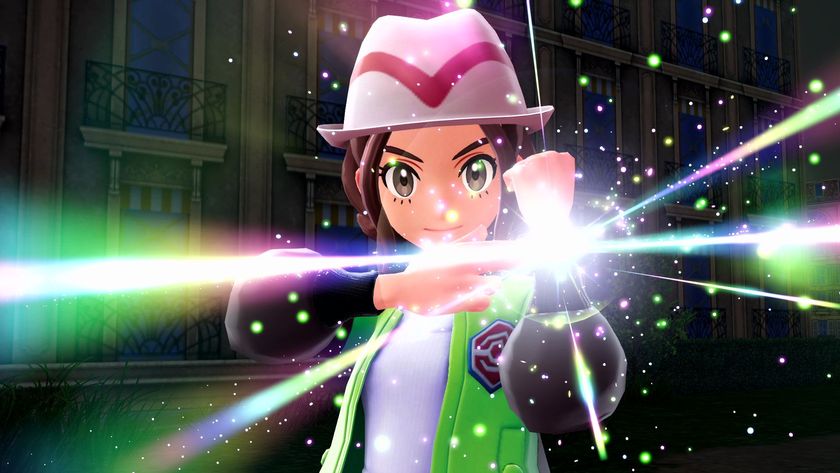




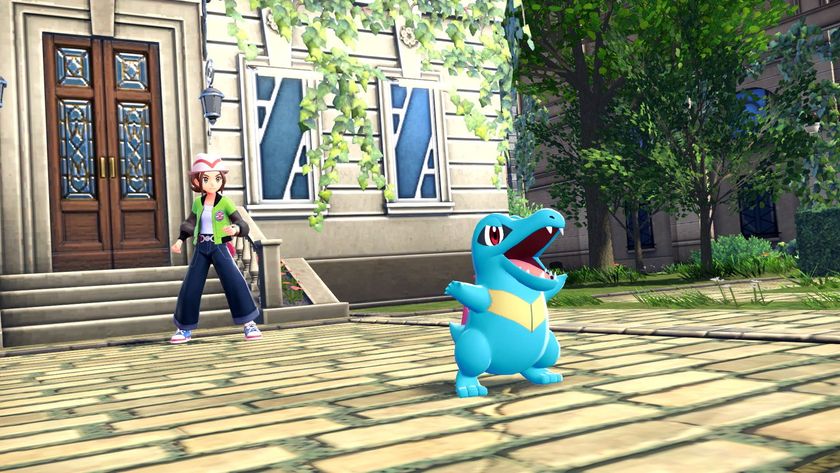







Andor showrunner hopes that the Disney Plus show's success helps convince Lucasfilm to sign off on either a Star Wars horror movie or sitcom
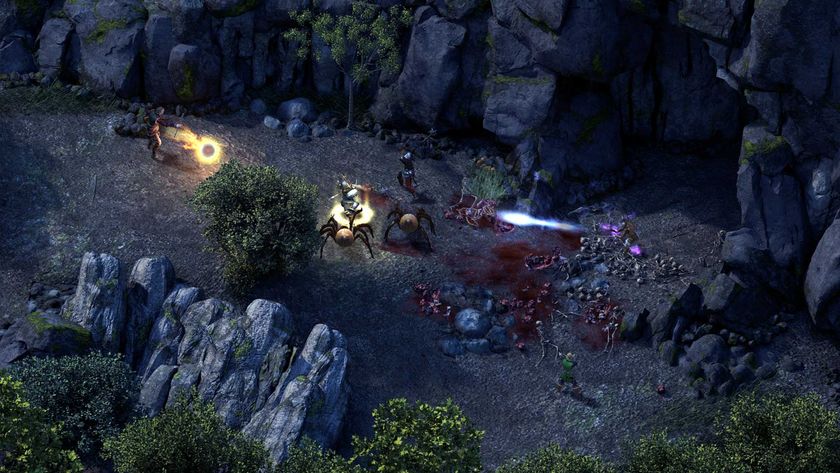
10 years later, in a post-Baldur's Gate 3 and Avowed world, Obsidian is giving its own throwback CRPG Pillars of Eternity a turn-based combat mode

The OG Fox X-Men are back, with Patrick Stewart, Ian McKellen, and more joining the cast of Avengers: Doomsday alongside a whole new Avengers team to take on Robert Downey Jr's Doctor Doom
